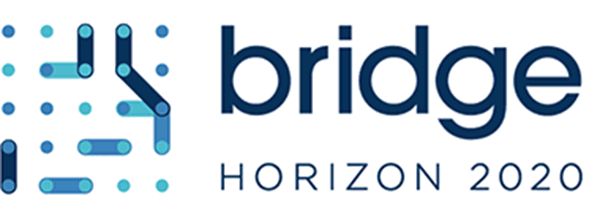
PHOENIX results published on CORDIS website
Europe’s Electrical Power and Energy System (EPES) is one of the most complex cyber-physical systems in the world. Any attacks bringing down this critical infrastructure could have a vast cascading effect on others, including water supply, communications, transportation, industry and finance.

The PHOENIX Project Achievements Summary
Being at the end of the PHOENIX project, we would like to distinguish its biggest results, achieved with the cooperation of various partners, representing different environments. Overall the project has progressed very well and is on track with expectations, whereas the achievements have been implemented and demonstrated. The project has a potential to deliver significant and high quality results.
The PHOENIX Project is coming to an end and we are ready to share our achievements. The project has 24 collaborative partners in different energy sectors, including commercial and academic partners, as well as DSOs (Distribution Network Operators), TSOs (Transmission System Operators) and End Users. PHOENIX project has managed to reach all its initial targets, thanks to the successful collaboration of the partners.
PHOENIX aimed at providing a cyber-shield armour to European Electrical Power and Energy Systems (EPES) infrastructure. It worked on the coordination of EPES cyber incident detection and then, consequently, the response to it and the recovery. The project worked to accelerate research and innovation in EPES cybersecurity. The effectiveness of the PHOENIX framework was under validation across 5 European Large-Scale Pilots (LSPs), involving the complete end-to-end generation, transmission, distribution and prοsumption value chain. Finally, after 37 months of work, the project managed to achieve many successful results. Sharing the project between several work packages, multiple areas were examined and developed, giving some progressive technical advancements.
The project targeted to Strengthen EPES cybersecurity preparedness. That led to achieving several advances, that increased the PHOENIX security platform capacity in terms of incidents monitoring, early attacks identification and mitigation. Secure and Persistent Communications (SPC) implemented a Cloud Native paradigm that transparently and dynamically provide secure and dynamic communications between services. PHOENIX delivered the Universal Secure Gateway (USG), which is a secure network edge device, directly connected with existing EPES. The target was also directed to coordinate EPES cyber incident discovery, response and recovery.
Based on the precise analysis, PHOENIX has crafted the methodology on threat detection, risk assessment and mitigation. Moreover, guidelines for the design of unknown threat identification systems have been proposed. PHOENIX has also analyzed different methodologies for the identification and ranking of threats to IT systems. The project has designed and developed an innovative and high-performance GPU (graphics processing unit) based machine deep learning (ML) framework. Furthermore, a novel, self-learning Incidents Mitigation and Enforcement Countermeasures (IMEC) mechanism was developed, that aimed at cyber-human incidents, attacks and accidents mitigation. To technical achievements we can also include the Privacy Protection Enforcement (PPE) development for managing sensitive and confidential data using mutual auditability signatures and advanced consent. The PHOENIX I2SP (Incidents Information Sharing Platform), that enables secure communication of CTI (Cyber Threat Intelligence) data, has been developed. The project has refined the original threat scenarios and attack trees.
The project hasn’t progressed only within the technical area. PHOENIX has become a founding member of Cybersecurity Innovation EPES cluster, being active with the contribution to it. Additionally, the PHOENIX team showed active participation at well-reputable events like Enlit Europe, Cyber4Energy, CIPRE. The project worked on the development of certification methodologies and procedures. The project has been actively involved in the BRIDGE initiative of the European Commission. 3 Open Access Journals and 5 Conferences papers have been prepared during the project timeline. The PHOENIX experience was shared with the participants during the Final workshop, leading to valuable discussion with the expert’s panel. The PHOENIX project is marked as a success, receiving the overall positive feedback from the Advisory Board, leaving all contributors proud of its achievements.
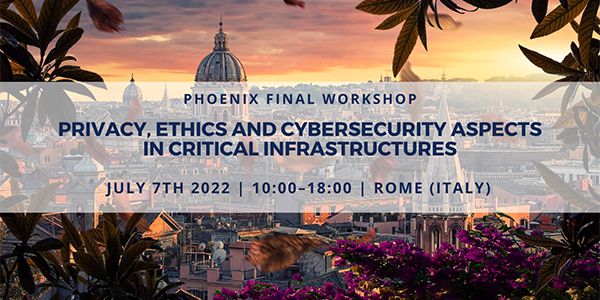
Privacy, Ethics and Cybersecurity aspects in Critical Infrastructures
We are pleased to introduce you to Electrical Power and Energy Systems (EPES) Shield against complex incidents and extensive cyber and privacy attacks (PHOENIX), a project funded by the EU Horizon 2020 research and innovation programme.
In this context, the PHOENIX project aims to offer a cyber-shield armour to European EPES critical infrastructure, enabling cooperative detection of large-scale, cyber-human security and privacy incidents and attacks, guaranteeing the continuity of operations and minimising cascading effects in the infrastructure itself, the environment, the citizens and the end-users at reasonable cost. The Project aims to produce a complete EPES security and privacy protection framework, validated by real world scenarios by the means of 5 Large Scale Pilots.
The PHOENIX project aims to reconcile technology development activities with privacy, ethics, security and societal concerns, and to this end an ad hoc methodology has been developed and implemented: the PRESS framework.
In this context, CyberEthics Lab. (partner of the PHOENIX project) is interested to open a public debate with the stakeholders on critical infrastructures (i.e. energy) and existing armours against cyber and privacy attacks.
Specifically, in this workshop entitled “Privacy, Ethics and Cybersecurity aspects in Critical Infrastructures” CyberEthics Lab. is involving research projects from the EPES cluster, in order to show the addressed challenges (e.g. privacy and ethics concerns, compliance with regulatory frameworks and social acceptance of technology) and the proposed solutions with disruptive technologies (e.g. blockchain, internet of things, artificial intelligence).
We would be honoured if you could accept our invitation and be part of the pool of experts, operators and policy makers that will participate in the discussion.
The PHOENIX final workshop will take place in Rome (Italy) on July 7th 2022.
Further details of the event will be provided in case of acceptance.
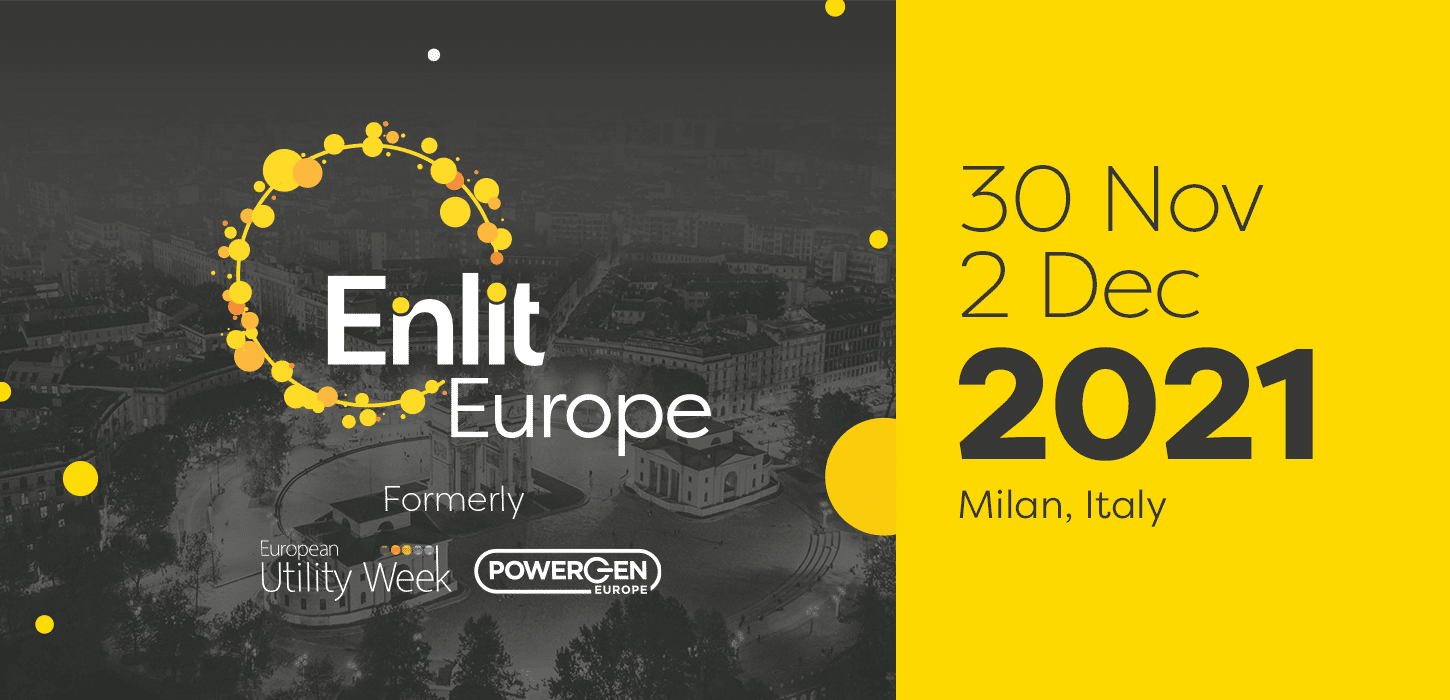
PHOENIX at ENLIT Europe 2021
EU Agency for Cybersecurity welcomes proposal for the Joint Cyber Unit
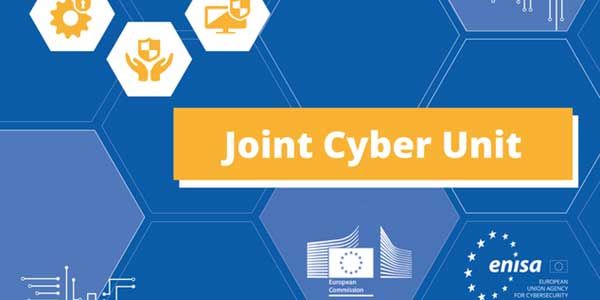
The European Union Agency for Cybersecurity welcomes the European Commission proposal to launch the new Joint Cyber Unit which will act as a platform to ensure an EU coordinated response to large-scale cyber incidents and crises. The concept of the Joint Cyber Unit (JCU), suggested two years ago by European Commission President von der Leyen, is an important step towards completing the European cybersecurity crisis management framework.
Cybersecurity Innovation Cluster for EPES
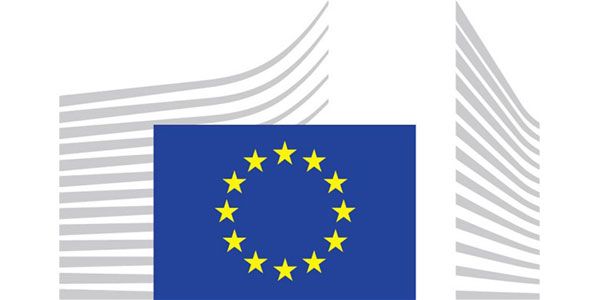
The PHOENIX project, in collaboration with projects SDN microSENSE, CyberSEAS, EnergyShield and ELECTRON, all funded by the European Commission/REA under the Digital Security Call “Cybersecurity in the Electrical Power and Energy System (EPES),” proudly announce the creation of the Cybersecurity Innovation Cluster for Electrical Power and Energy System (EPES).
E.DSO-ENCS-ENTSO-E Webinars “Cybersecurity: Data Sharing”

Capgemini and Intrasoft win flagship contract to support the EU ISACs establishment

Paris, February 27, 2020 – Gapgemini (coordinator of the PHOENIX project) and INTRASOFT International (member of the PHOENIX consortium, and leader of the PHOENIX Incidents Information Sharing Platform (I2SP)) have been granted a new contract under the call ”Cybersecurity digital service infrastructure establishment of a core service platform cooperation mechanism for Information Sharing and Analysis Centres (ISACs) facilities manager” (SMART 2018/1022).
PHOENIX third plenary meeting
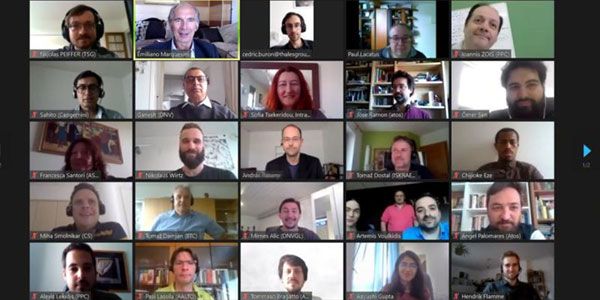
The 3rd plenary meeting of PHOENIX was successfully organized over video teleconference in June 2020. The two days saw constructive presentations and discussions about the upcoming real-life large scale pilots , overlap of WPs and PHOENIX platform architecture.
International Stakeholders Consultation Event

Stakeholders Consultation Event and synergies within the European H2020 Projects SOGNO, WISEGRID, PHOENIX, CROSSBOW and DEFENDER. The event is organized by CRE (Romanian Energy Center) as an Online Video-Conference.
PHOENIX second plenary meeting
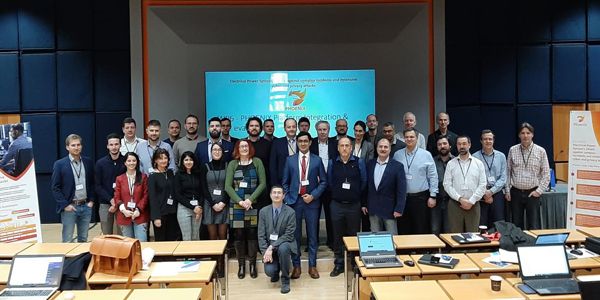
The second plenary meeting of PHOENIX was successfully held at INTRASOFT International SA at Athens, Greece on 4th and 5th Feb 2020. The meeting was attended by the consortium partners and the EU Commission Project Officer.
PHOENIX Task 1.1
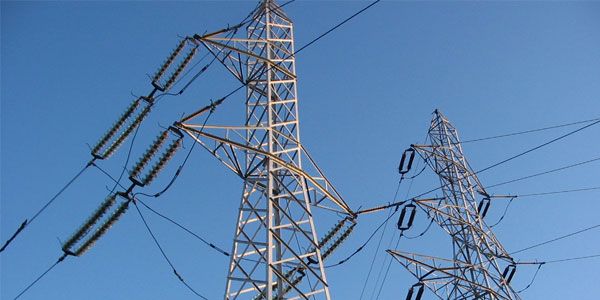
Following the kick-off meeting in Paris, the next task of the project is “Identification of threats across EPES infrastructure” being led by ASM with CTS, SILO, DNV, ISKRA, BFP, EMOT, ELLJ, BTC, PPC, EON, TRANS, TELE, CRE, CEL and RWTH helping.
PHOENIX project kick-off meeting
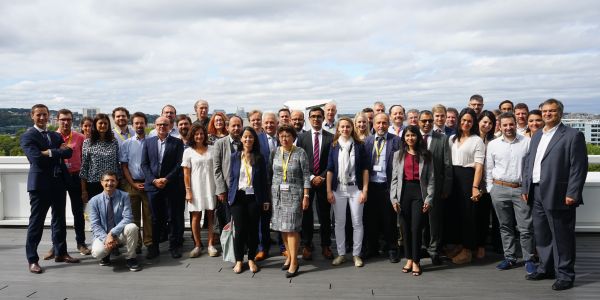
The PHOENIX project held a successful kick-off meeting at Capgemini headquarters in Issy Les Moulineaux, Paris, France on 12 and 13 September 2019.
Latest PHOENIX Tweets
![]() This project has received funding from the European Union’s Horizon 2020 research and Innovation programme under grant agreement N°832989. All information on this website reflects only the authors' view. The Agency and the Commission are not responsible for any use that may be made of the information this website contains.
This project has received funding from the European Union’s Horizon 2020 research and Innovation programme under grant agreement N°832989. All information on this website reflects only the authors' view. The Agency and the Commission are not responsible for any use that may be made of the information this website contains.
Related projects
Privacy Overview
Necessary cookies are absolutely essential for the website to function properly. This category only includes cookies that ensures basic functionalities and security features of the website. These cookies do not store any personal information.
| Cookie | Type | Duration | Description |
|---|---|---|---|
| __cfduid | 1 | 1 month | The cookie is set by CloudFare. It is used to identify individual clients behind a shared IP address and apply security settings on a per-client basis. It does not correspond to any user ID in the web application and does not store any personally identifiable information. |
| _wpfuuid | 0 | 10 years | Contact form UUID (Universally Unique Identifier) cookie. It allows the plugin to connect entries by the same user and does not contain or represent any personal information or entry details. |
| cookielawinfo-checkbox-necessary | 0 | 11 months | This cookie is set by GDPR Cookie Consent plugin. The cookies is used to store the user consent for the cookies in the category "Necessary". |
| cookielawinfo-checkbox-non-necessary | 0 | 11 months | This cookie is set by GDPR Cookie Consent plugin. The cookies is used to store the user consent for the cookies in the category "Non Necessary". |
| test_cookie | 0 | 11 months | |
| viewed_cookie_policy | 0 | 11 months | The cookie is set by the GDPR Cookie Consent plugin and is used to store whether or not user has consented to the use of cookies. It does not store any personal data. |
These cookies are used to calculate visitor, session, campaign data and keep track of site usage for the site’s analytics report. The cookies store information anonymously and assigns a randomly generated number to identify unique visitors.
| Cookie | Type | Duration | Description |
|---|---|---|---|
| _ga | 0 | 2 years | This cookie is installed by Google Analytics. It is used to calculate visitor, session, campaign data and keep track of site usage for the site's analytics report. The cookies store information anonymously and assigns a randomly generated number to identify unique visitors. |
| _gat_gtag_UA_152331303_1 | 0 | 1 minute | Google uses this cookie to distinguish users. |
| _gid | 0 | 1 day | This cookie is installed by Google Analytics. It is used to store information of how visitors use a website and helps in creating an analytics report of how the website is doing. The data collected including the number visitors, the source where they have come from, and the pages visited in an anonymous form. |


